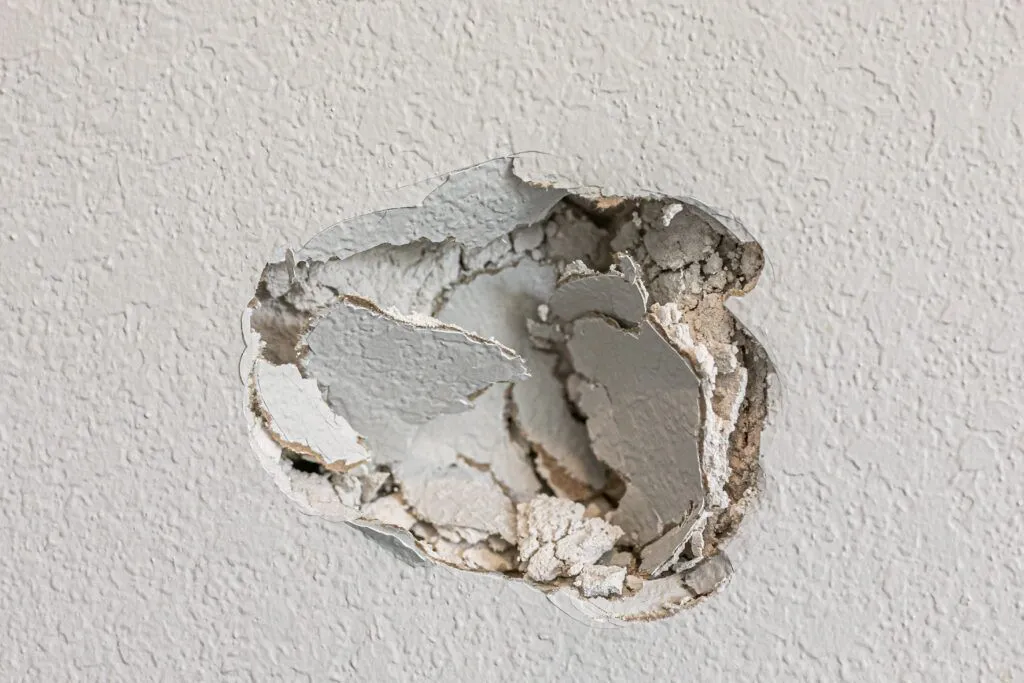We’ve all been there – feeling overwhelmed, frustrated, and needing an immediate release. Sometimes, the urge to bang on the wall feels like the only way to express those pent-up emotions. While it might offer a fleeting sense of relief, this primal act can have unintended consequences. This article delves into the complexities of banging on walls, exploring its potential benefits as a stress reliever alongside the significant risks it poses to your property and relationships.
This exploration will cover various stress management techniques, analyze the appeal of wall-banging as a coping mechanism, and delve into the potential for property damage and disturbance to others. Finally, we’ll present alternative stress relief options that are both effective and responsible.
Stress Relief Techniques
Stress is an inevitable part of life, but chronic stress can have detrimental effects on our physical and mental well-being. Finding healthy ways to manage stress is crucial for maintaining overall health. Numerous techniques exist to alleviate stress, ranging from simple lifestyle changes to more structured practices.
Regular exercise is a powerful stress reliever. Physical activity releases endorphins, which have mood-boosting effects. Engaging in activities you enjoy, such as hobbies or spending time with loved ones, can also provide a much-needed break from stressors. Mindfulness techniques like meditation and deep breathing exercises can help calm the mind and reduce anxiety.
Banging on Walls as a Coping Mechanism

The urge to bang on the wall often stems from intense feelings of frustration, anger, or helplessness. It’s a primal response that can provide a temporary sense of release. The physical act of pounding against a solid surface can create a jarring sensation that momentarily disrupts negative thought patterns and allows for a brief emotional discharge.
However, this method is far from ideal. While it might offer fleeting relief, it doesn’t address the underlying causes of stress and can even exacerbate them in the long run. Furthermore, relying on wall-banging as a coping mechanism can lead to unhealthy emotional regulation patterns and potentially escalate into destructive behaviors.
Property Damage Risks
Banging on walls can cause significant damage to your property over time. Repeated impacts can weaken drywall, create cracks, and even compromise structural integrity. The force of the blows can also dislodge insulation, expose wiring, and damage plumbing pipes.
The extent of the damage depends on factors such as the frequency and intensity of the banging, the type of wall material, and the age of the structure. Even seemingly minor impacts can accumulate over time, leading to costly repairs down the line.
Disturbing Others

While you might feel a sense of release from banging on the wall, it’s crucial to consider the impact on those around you. The noise can be disruptive and distressing for neighbors, family members, or roommates.
Loud banging can interfere with sleep, concentration, and overall well-being. It can also create tension and conflict within households. Being mindful of others and choosing alternative stress relief methods is essential for maintaining harmonious relationships.
Alternative Stress Relief Options
Fortunately, there are numerous healthy and effective alternatives to banging on the wall.
Physical Activity: Engaging in regular exercise releases endorphins, which have mood-boosting effects. Activities like running, swimming, cycling, or dancing can help alleviate stress and improve overall well-being.
Mindfulness Practices: Techniques like meditation, deep breathing exercises, and yoga can calm the mind, reduce anxiety, and promote relaxation.
Creative Outlets: Expressing yourself creatively through activities such as painting, writing, music, or crafting can be a therapeutic way to manage stress.
Social Connection: Spending time with loved ones, engaging in meaningful conversations, and building strong social connections can provide support and reduce feelings of isolation.
Conclusion
While the urge to bang on the wall might feel momentarily satisfying, it’s crucial to recognize the potential risks and drawbacks associated with this behavior. Property damage, disturbance to others, and unhealthy emotional regulation are just some of the consequences to consider.
By exploring alternative stress relief techniques like exercise, mindfulness practices, creative outlets, and social connection, you can effectively manage stress while protecting your property, relationships, and overall well-being. Remember, there are healthier and more constructive ways to release tension and navigate life’s challenges.



